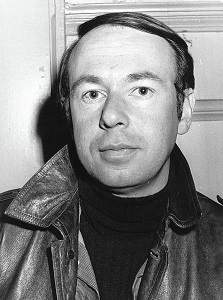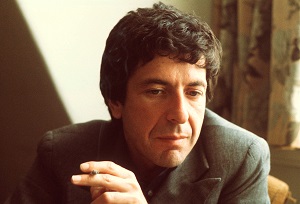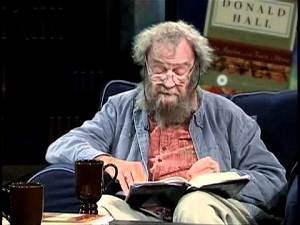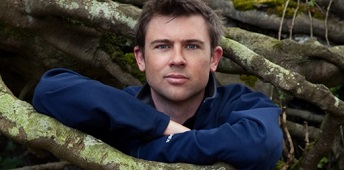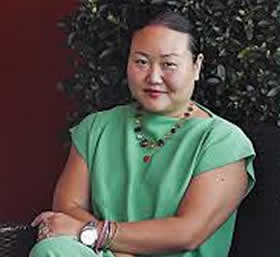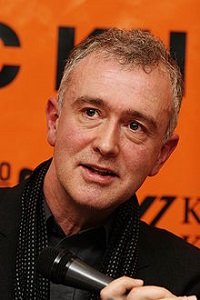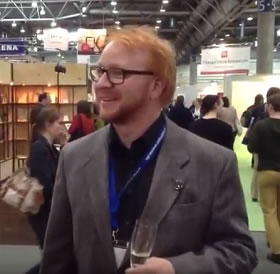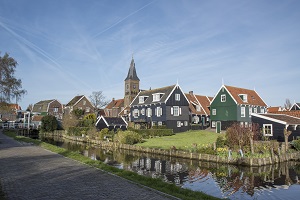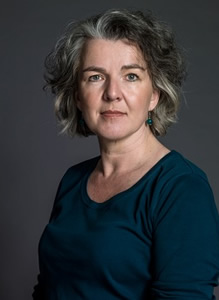De Britse dichter en schrijver Dannie Abse werd geboren op 22 september 1923 in Cardiff, Wales. Zie ook mijn blog van 22 september 2010 en eveneens alle tags voor Dannie Abse op dit blog.
In the Theatre
Sister saying—‘Soon you’ll be back in the ward,’
sister thinking—‘Only two more on the list,’
the patient saying—‘Thank you, I feel fine’;
small voices, small lies, nothing untoward,
though, soon, he would blink again and again
because of the fingers of Lambert Rogers,
rash as a blind man’s, inside his soft brain.
If items of horror can make a man laugh
then laugh at this: one hour later, the growth
still undiscovered, ticking its own wild time;
more brain mashed because of the probe’s braille path;
Lambert Rogers desperate, fingering still;
his dresser thinking, ‘Christ! Two more on the list,
a cisternal puncture and a neural cyst.’
Then, suddenly, the cracked record in the brain,
a ventriloquist voice that cried, ‘You sod,
leave my soul alone, leave my soul alone,’—
the patient’s dummy lips moving to that refrain,
the patient’s eyes too wide. And, shocked,
Lambert Rogers drawing out the probe
with nurses, students, sister, petrified.
‘Leave my soul alone, leave my soul alone,’
that voice so arctic and that cry so odd
had nowhere else to go—till the antique
gramophone wound down and the words began
to blur and slow, ‘ … leave … my … soul … alone … ‘
to cease at last when something other died.
And silence matched the silence under snow.
Angels
Most are innocent, shy, will not undress.
They own neither genitals nor pubic hair.
Only the fallen of the hierarchy
make an appearance these secular days.
No longer useful as artists’ models,
dismissed by theologians, morale tends
to be low—even high class angels grumble
as they loiter in our empty churches.
Neutered, they hide when a gothic door opens.
Sudden light blinds them, footsteps deafen,
Welsh hymns stampede their shadows entirely.
Still their stink lingers, cold stone and incense.
But the fallen dare even to Downing Street,
astonish, fly through walls for their next trick;
spotlit, enter the dreams of the important,
slowly open their gorgeous, Carnaby wings.
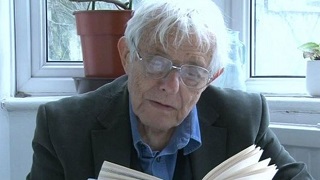
Dannie Abse (22 september 1923 – 28 september 2014)

